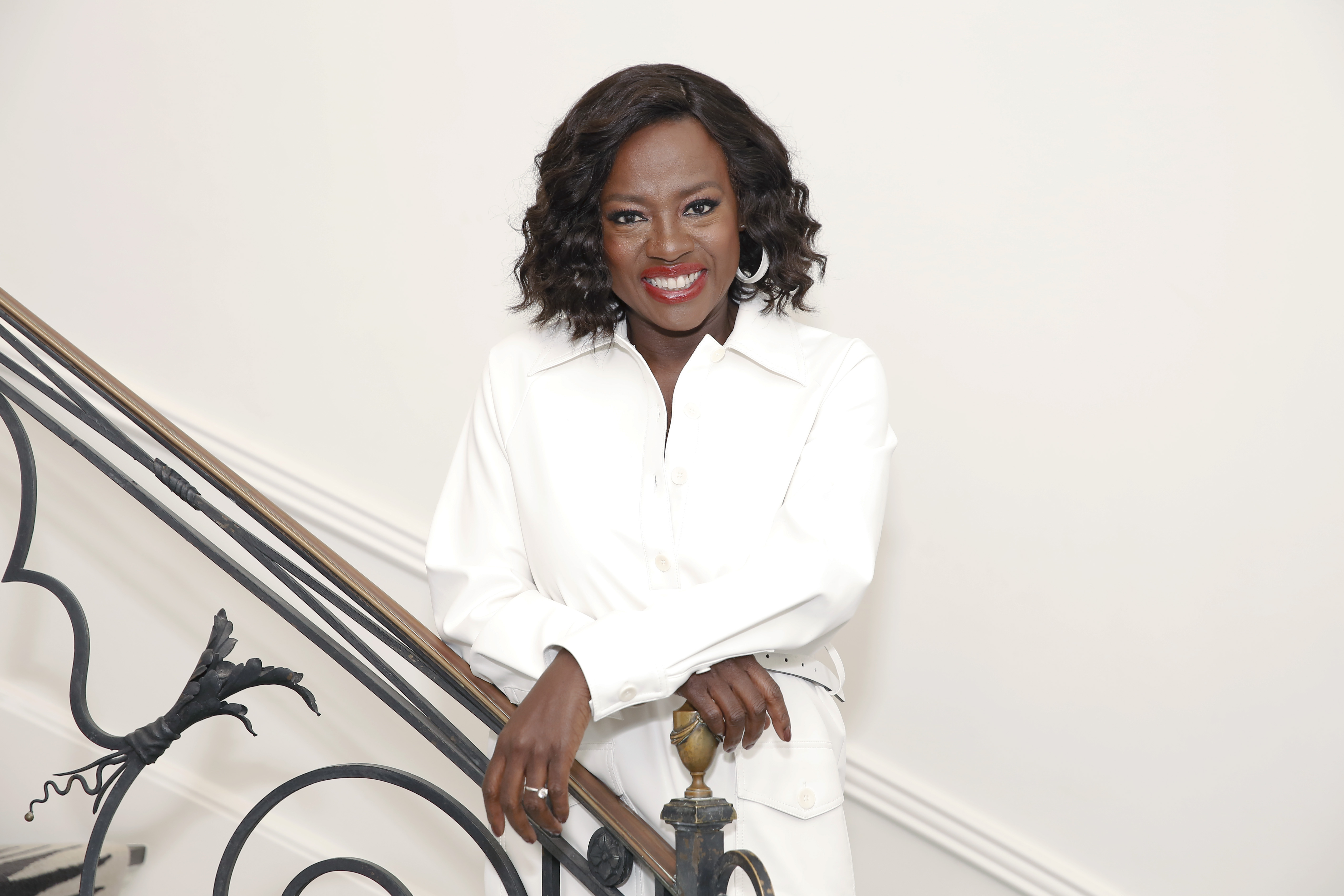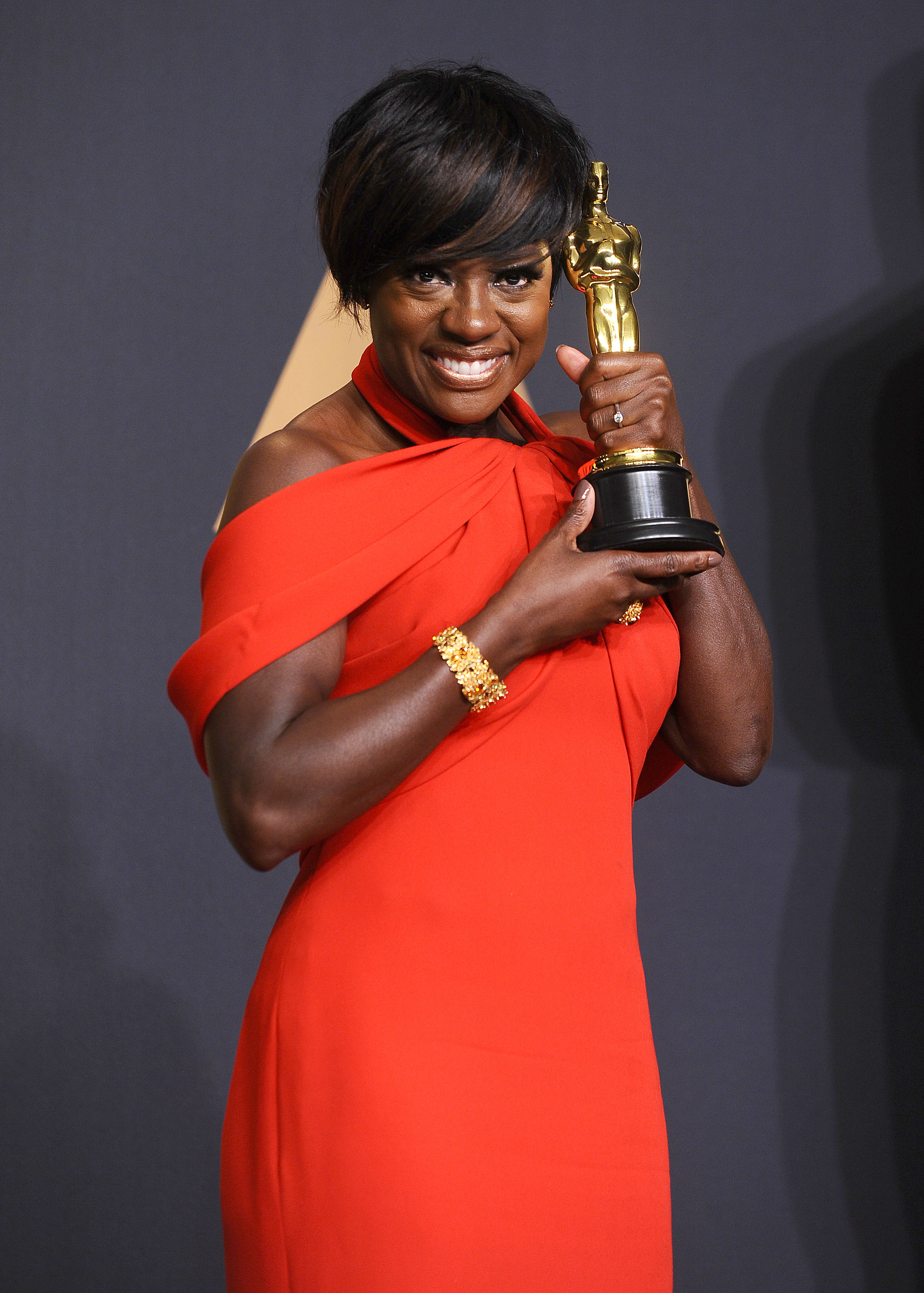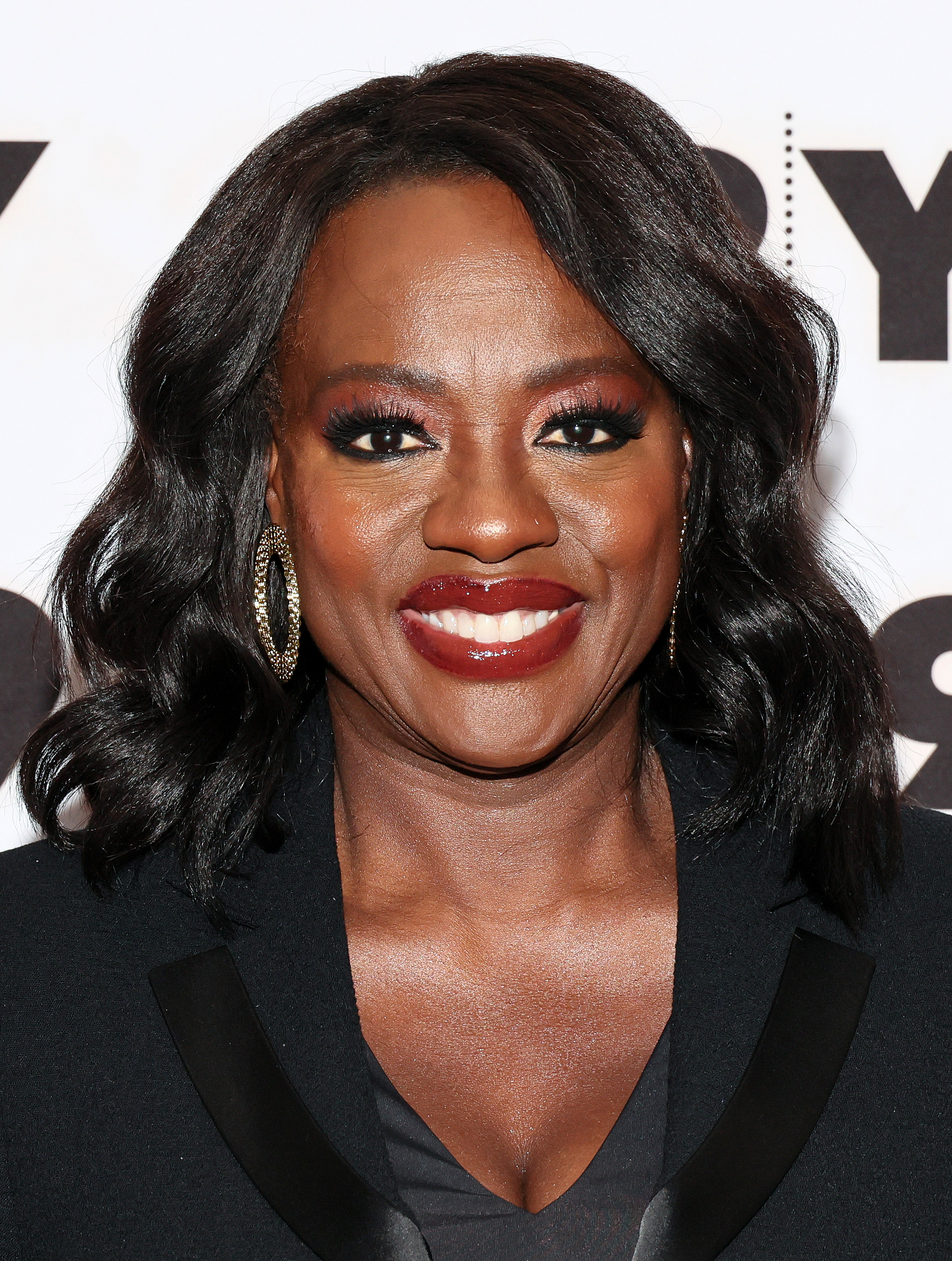
One of my favourite on-screen performances from Viola Davis took place in a scene in How To Get Away With Murder.
The very confronting moment occurs in an early episode of the hit ABC series, created by TV powerhouse Shonda Rhimes, and sees Annalise Keating (Davis) in the privacy of her bedroom, stripping back all the hair, all the make-up, and just… being.
As she peeled off the lashes one by one and smudged the foundation, it felt like a very real moment happening for Viola as much as Annalise.
It’s stuck in my head ever since because, not only was I watching the rarity of a Black woman starring as the lead in an award-winning primetime television show – Viola would go on to win an Emmy for outstanding lead actress in a drama series that year – but I was watching her removing all the things that made her palatable within society’s idea of the standard of beauty.
I’m sure a huge part of the relief Annalise felt in that scene was more of Viola’s than the character herself.
This is something I believe even more now in light of Viola’s recent comments about beauty.
In her new memoir Finding Me, Viola opens up about the pressures she has faced her entire life to look a certain way, after being labelled ‘ugly’ in her childhood and attempts to mould her – and others – into ‘perfect white actors’ at performing arts school Juilliard.
While speaking about the book , Viola, 56, revealed how casting directors have said she was ‘too dark’ for roles and ‘not classically beautiful’ enough.
This is an actress who has gone on to win an Oscar, a Bafta, a Golden, an Emmy, two Tonys and six Screen Actors Guild Awards, making her one letter off an EGOT (she’s yet to win a Grammy).
It’s safe to say that looks have played no part in her success, good or bad.
The scary thought to me is that Viola could have given up at any point had she listened to those who reduced her talents to a superficial factor such as her appearance, whether it was the bullies in her childhood or the antiquated casting directors.
Black women, particularly in a superficial industry such as Hollywood, are often objectified and judged on how we look before we open our mouths. The idea of ‘classic beauty’ is even flawed in itself because to me, a ‘classic beauty’ could easily be a Sarah Vaughan as much as a Marilyn Monroe.


If Viola allowed the trolls’ words to cut deep and deter her from pursuing her career dream, we may never have known that a Black actress could have bossed the role of Annalise in How To Get Away With Murder like she did.
Other young aspiring Black actors may never have thought it’d be possible for someone who looks like them to front a primetime television show and have a wide-ranging audience be invested the way they were with Viola’s performance in HTGAWM.
It’s the same in any industry – if you don’t see the representation, how do you know it’s attainable for yourself?
If an aspiring lawyer doesn’t see a single Black, Asian or mixed race person in the law firm office, it’s not hard to see why they may feel deterred from applying for that role, perhaps already exhausted at the prospect of being othered or subjected to microaggressions as is all too common.
Viola summed it up well when she said on The View recently: ‘You need to see a physical manifestation of your dream. I love so many actors out there, but there is something like seeing someone who looks like you that makes it more tangible.’
It’s ironic because that’s no doubt what many young, hungry Black actors have thought watching her in various films and TV shows over the years.
It is certainly what I thought watching her in that memorable and raw How To Get Away With Murder scene, quite literally stripping off the conforms of society, all those years ago.
Viola’s performance left an impact on myself and no doubt thousands of others, and allowed us to think it is possible for us an audience to see ourselves – but truly see ourselves, in all our glory – and that is why representation matters.




















